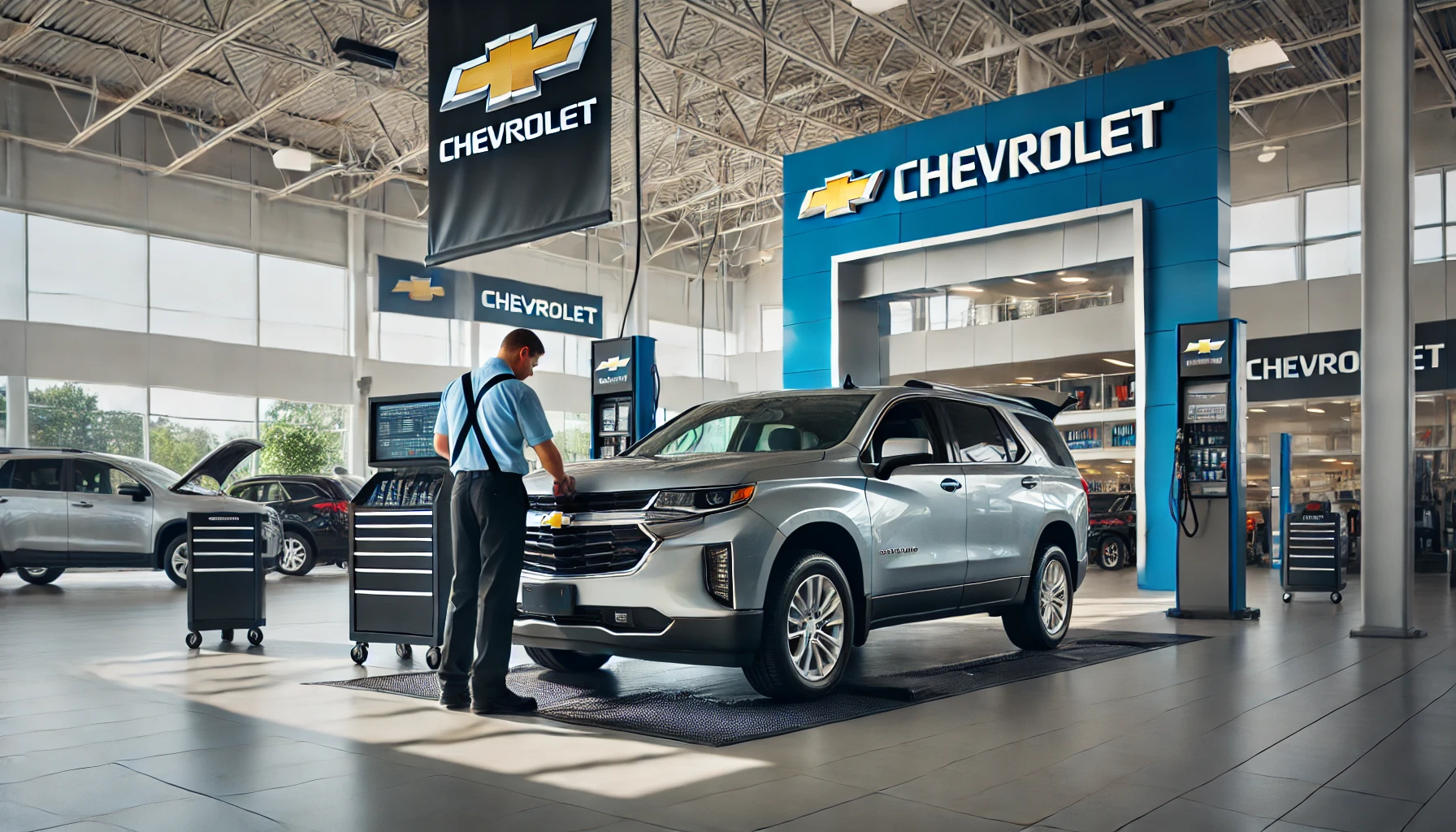How Much Is An Oil Change At A Dealership

The question of how much an oil change costs at a dealership is surprisingly nuanced. While the simple answer is often "more than your local quick lube," understanding *why* that's the case and *what* you're getting for the extra cost is crucial for informed car ownership. This article will delve into the factors influencing dealership oil change prices, helping you decide if the investment is worthwhile.
Factors Influencing Dealership Oil Change Costs
Several variables contribute to the overall price of an oil change at a dealership:
- Type of Oil: Dealerships typically offer a range of oil options, from conventional to synthetic blends and full synthetic. Full synthetic oils, like Mobil 1 or Castrol Edge, provide superior engine protection, especially in high-performance vehicles or those subjected to demanding driving conditions (frequent short trips, towing, or high-temperature environments). These oils will naturally increase the cost. For example, a standard conventional oil change might cost $70, while a full synthetic could be $120 or more.
- Make and Model of Vehicle: Luxury brands and vehicles with larger engines (requiring more oil) will generally have higher oil change prices. Some engines, particularly those with turbochargers, are especially sensitive to oil quality and require specific synthetic formulations. This is particularly true for brands like BMW, Mercedes-Benz, and Audi.
- Dealership Overhead: Dealerships have higher operating costs compared to independent shops. This includes higher rent, specialized equipment, and the expense of employing certified technicians. This overhead is reflected in their service pricing.
- Included Services: A dealership oil change often includes more than just the oil and filter replacement. They typically perform a multi-point inspection, checking fluid levels (coolant, brake fluid, power steering fluid, windshield washer fluid), tire pressure, brake pad wear, and other vital components. This comprehensive inspection can catch potential problems early, preventing more costly repairs down the road.
- Location: Dealerships in metropolitan areas tend to have higher prices than those in rural locations due to the higher cost of doing business.
- Service Advisor Upselling: Be aware of potential upselling. While dealerships may offer genuine manufacturer parts and fluids, they may also suggest services or products that are not immediately necessary. Always ask for a detailed explanation of any recommended services and their associated costs.
What Do You Get for the Higher Price?
Paying more for a dealership oil change isn't always a bad idea. Here's what you're often getting for your money:
- Certified Technicians: Dealership technicians are specifically trained on your vehicle's make and model. They have access to the latest diagnostic tools and repair procedures. This expertise can be invaluable for identifying and addressing potential problems.
- Genuine Parts: Dealerships typically use OEM (Original Equipment Manufacturer) oil filters and other parts, ensuring compatibility and optimal performance. While aftermarket filters are often cheaper, OEM filters are designed to meet the manufacturer's specifications and provide superior filtration.
- Warranty Compliance: Using a dealership for scheduled maintenance, including oil changes, can help maintain your vehicle's warranty coverage. This is especially important during the initial warranty period. Keeping meticulous records of services performed at the dealership provides solid documentation in case of a warranty claim.
- Detailed Vehicle Health Report: The multi-point inspection provides a comprehensive overview of your vehicle's condition. This report can help you proactively address potential issues and prevent costly repairs.
- Resale Value: A documented service history from a reputable dealership can potentially increase your vehicle's resale value. It demonstrates that the vehicle has been properly maintained and cared for.
Making the Right Decision
Ultimately, the decision of whether to get an oil change at a dealership depends on your individual needs and priorities. If you prioritize cost savings and are comfortable with aftermarket parts, a local quick lube might be a suitable option. However, if you value the expertise of certified technicians, the use of genuine parts, and a comprehensive vehicle inspection, the extra cost of a dealership oil change may be a worthwhile investment, particularly for newer vehicles still under warranty or those requiring specialized care like high-performance Audi or Porsche models. Always compare prices and services offered to make an informed decision.
Consider the long-term benefits: preventing major engine problems due to improper maintenance can save you thousands of dollars in the long run. A dealership oil change, with its thorough inspection and certified expertise, can contribute to the overall longevity and reliability of your vehicle.
